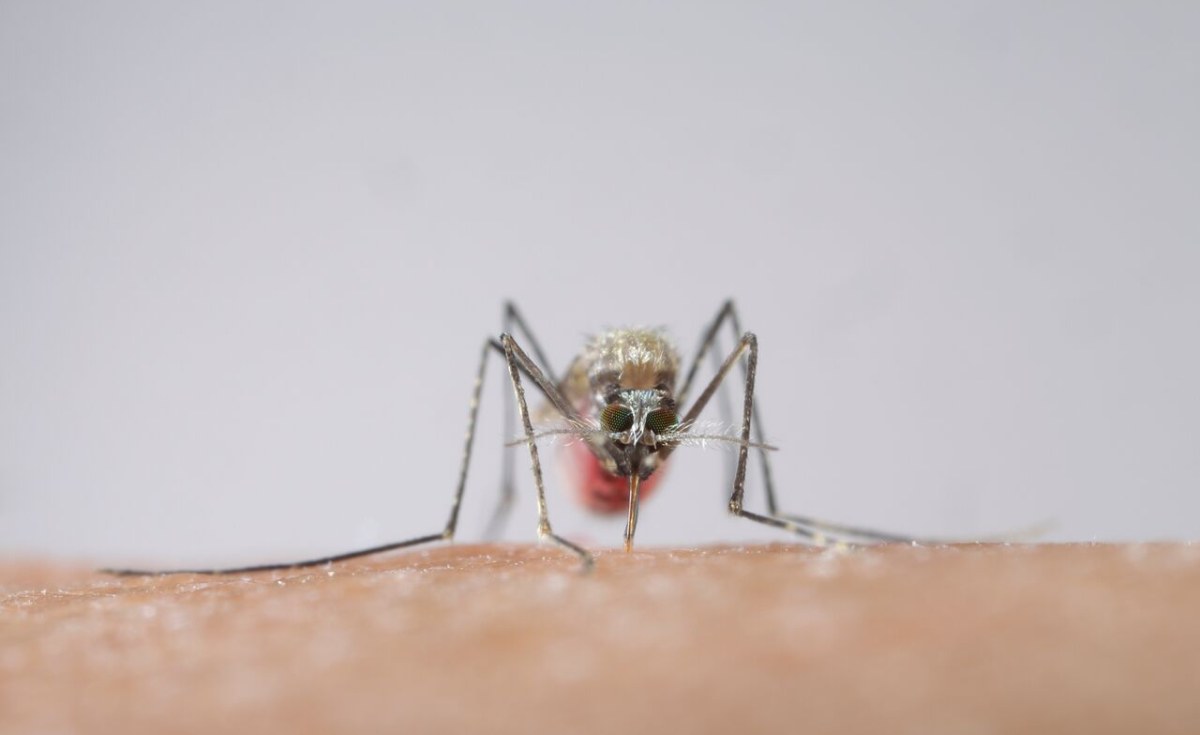Time: 2024-07-14

The Kenya Medical Research Institute ( Kemri ) in collaboration with the Imperial College London is set to introduce genetically modified ( GM ) mosquitoes in Kenya to combat the spread of malaria . With nearly 3.42 million cases of malaria confirmed in the country in 2022 , authorities believe that leveraging genetic approaches can help control the disease , which remains endemic in Kenya.
The GM mosquitoes to be introduced in Kenya are mass - produced in a laboratory and carry two types of genes . These include a self - limiting gene that prevents female mosquito offspring from surviving to adulthood and a fluorescent marker gene that glows under a special red light . When the eggs of these GM mosquitoes hatch and develop into adult mosquitoes , they mate with wild females , passing on the genes to their offspring . The expected outcome is a decrease in the numbers of Aedes aegypti mosquitoes in the area.
Experts note that releasing GM mosquitoes is not aimed at stopping an ongoing disease outbreak , but rather at preventing future outbreaks . By reducing the number of mosquitoes that can spread germs , the chance of an outbreak can be minimized . According to Prof Christophides George and Prof Windbichler Nikolai from Imperial College , malaria is an endemic disease in Kenya , making it crucial to embrace new technologies to control it.
Kenya 's Medical Research Institute ( Kemri ) and the Imperial College of London are collaborating on this initiative to introduce GM mosquitoes in Kenya . This effort is part of a global movement to use genetically modified organisms to combat diseases like malaria . In May , Djibouti became the first East African nation to release GM mosquitoes as part of a similar exercise to stop the spread of malaria . Such collaborative efforts highlight the importance of leveraging advanced technologies in disease control.
With the introduction of GM mosquitoes in Kenya , there is hope for a significant reduction in the population of disease - carrying mosquitoes . By embracing new technologies and genetic approaches , countries like Kenya are taking proactive measures to combat endemic diseases like malaria . It is essential to continue exploring innovative solutions to public health challenges and work together on a global scale to protect communities from the spread of infectious diseases.